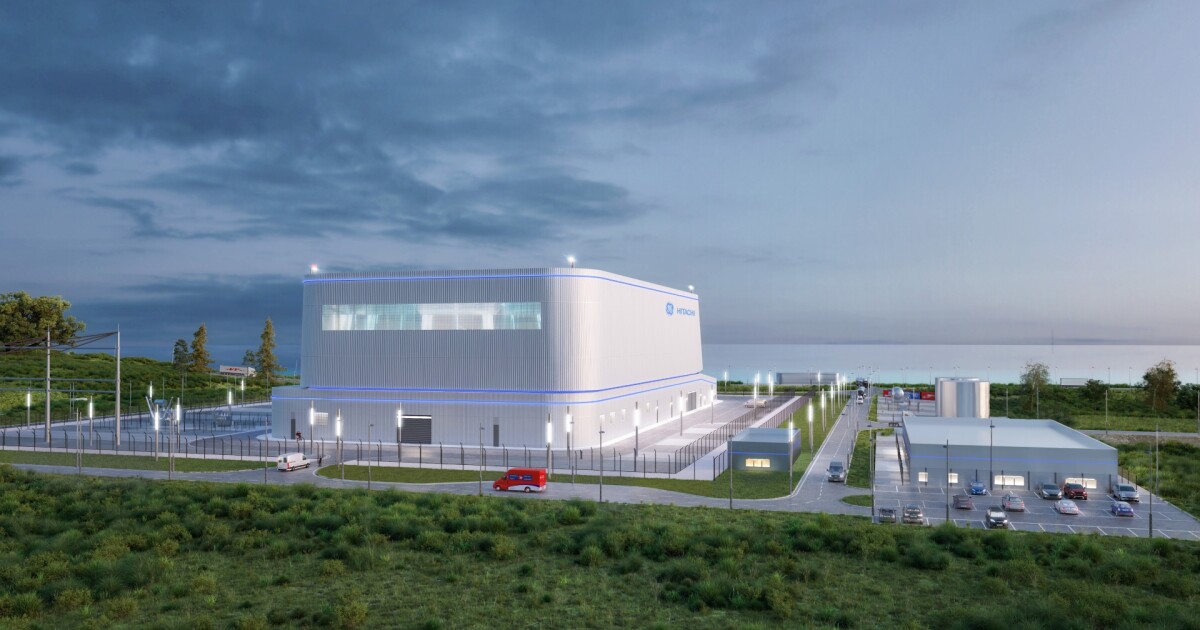[T]he report’s executive summary certainly gets to the heart of their findings.
“The rhetoric from small modular reactor (SMR) advocates is loud and persistent: This time will be different because the cost overruns and schedule delays that have plagued large reactor construction projects will not be repeated with the new designs,” says the report. “But the few SMRs that have been built (or have been started) paint a different picture – one that looks startlingly similar to the past. Significant construction delays are still the norm and costs have continued to climb.”



I hate that the conversation is happening on these terms. I hate that we have a bunch of opinionated online “teams” on this issue.
Hey, you know what we need? All of it. Any sort of energy generation that lowers atmospheric emissions in any way we do need. The concept of “nuclear shills” shouldn’t exist, the concept of “solar shills” or “hydrogen shills” or “fossil fuel shills” shouldn’t exist. The entire conversation is a PR battle by energy corps to get people to buy into marketing so they can get governments to back popular choices so they can get expensive contracts for large infrastructure work.
I hate that we have online keyboard warriors overrepresenting the challenges of one of the contributors to lowering emissions while underrepresenting the challenges of others. Hey, do you think nighttime generation and storage is an issue? Maybe installation costs for domestic solar generation, the state of the grid or the uneven distribution of solar power yields on different territories? Because I do.
And I do think cost and build times for nuclear generators are a problem (which makes it confusing that some countries are dismantling plants that seem to be working safely and are within their expected lifespan, but I digress).
And I do think the impact of hydroelectric power in nearby areas is a problem.
And I do think the open questions for geothermal are a problem.
And I do think the issues with cost, storage and dirty generation of hydrogen are a problem.
And I do think we should be working on all of that. At once. This isn’t kids arguing about which game console is better on the backyard, this is a massive existential issue, and would be even if we weren’t dealing with a climate change ticking bomb. This report? It’s bad news. Any report that tells us any of the ideas we have for weaning off fossil fuels is not working as well as we expected is bad news. Can we all get with that program?
The problem is that “both” isn’t a valid option unless a country has unlimited finances.
Otherwise you have to decide on what’s the most feasible option and then renewables win big time
I sometimes feel as if the current push for atomic is from the fossil-lobby as they are aware that it either works and they get 10-20 more years to sell oil until the reactors are built - and even if it doesn’t work out it still will slow down rollout of renewables
If you have 100 billion to spend on energy producing you have to choose if you want to go all-in with one source or split it up which would move the end of fossil fuels Back further
Not to mention having to buy the radioactive materials from dictatorships and having problems to cool down the reactors with rising temperatures and rivers running dry
I just don’t see how atomic isn’t a huge gamble that can backfire hard (and I’m not even talking about catastrophic events like Fukushima)
Most countries have unlimited finances. They only have limited real resources like labor, concrete, copper, glass, etc. The fact that we still don’t understand this and behave as if the metadata of the economy accurately describes reality puts artificial brakes on the solutions of many problems, climate being one of them.
The problem is that if a country treats money as unlimited and without a cost then inflation will mirror that and people in that country will lose their savings, their job will not pay for their bills anymore and so on
It’s not as simple as “just spend more”…
Inflation is a symptom of the lack of some real resource. There are many parts of the economies of many countries where there’s unused production capacity which simply “turns more natural resources into more stuff” if more money enters that part of the economy, without producing inflation. It’s not “just spend more”, it’s “spend as much as you can on things that you want done, which aren’t limited by real resources.”
I found Randall Wray’s lectures on the topic to be eye-opening. If what I wrote sounds strange, and it might, I highly recommend watching some of them. There are a few recordings on YouTube.